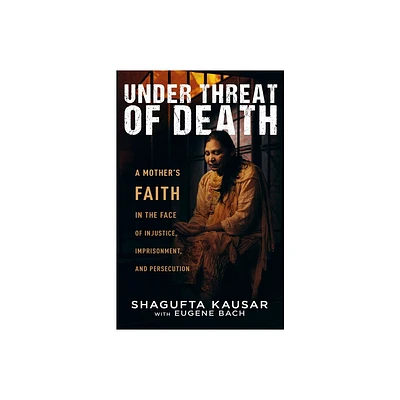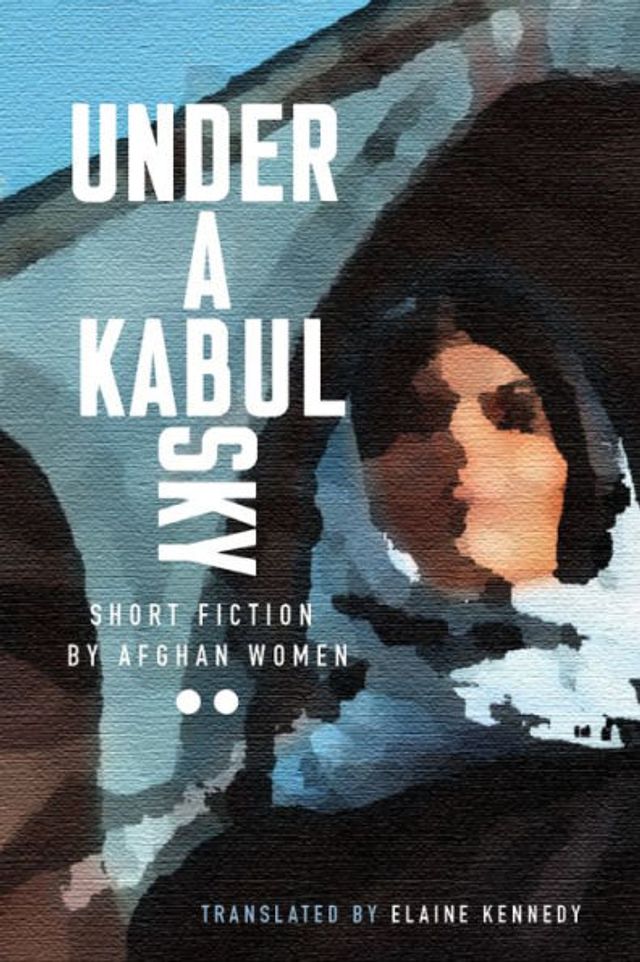Home
Afghanistan: Transition under Threat
Loading Inventory...
Barnes and Noble
Afghanistan: Transition under Threat
Current price: $42.99


Barnes and Noble
Afghanistan: Transition under Threat
Current price: $42.99
Loading Inventory...
Size: Paperback
*Product Information may vary - to confirm product availability, pricing, and additional information please contact Barnes and Noble
Many have questioned the wisdom of the international intervention in Afghanistan in light of the escalation of violence and instability in the country in the past few years. Particularly uncertain are Canadians, who have been inundated with media coverage of an increasingly dirty war in southern Afghanistan, one in which Canadians are at the frontline and suffering heavy casualties. However, the conflict is only one aspect of Afghanistan’s complicated, and incomplete, political, economic, and security transition.
In
Afghanistan: Transition under Threat,
leading Afghanistan scholars and practitioners paint a full picture of the situation in Afghanistan and the impact of international and particularly Canadian assistance. They review the achievements of the reconstruction process and outline future challenges, focusing on key issues like the narcotics trade, the Pakistan—Afghanistan bilateral relationship, the Taliban-led insurgency, and continuing endemic poverty. This collection provides new insight into the nature and state of Afghanistan’s post-conflict transition and illustrates the consequences of failure.
Co-published with the Centre for International Governance Innovation
In
Afghanistan: Transition under Threat,
leading Afghanistan scholars and practitioners paint a full picture of the situation in Afghanistan and the impact of international and particularly Canadian assistance. They review the achievements of the reconstruction process and outline future challenges, focusing on key issues like the narcotics trade, the Pakistan—Afghanistan bilateral relationship, the Taliban-led insurgency, and continuing endemic poverty. This collection provides new insight into the nature and state of Afghanistan’s post-conflict transition and illustrates the consequences of failure.
Co-published with the Centre for International Governance Innovation

















